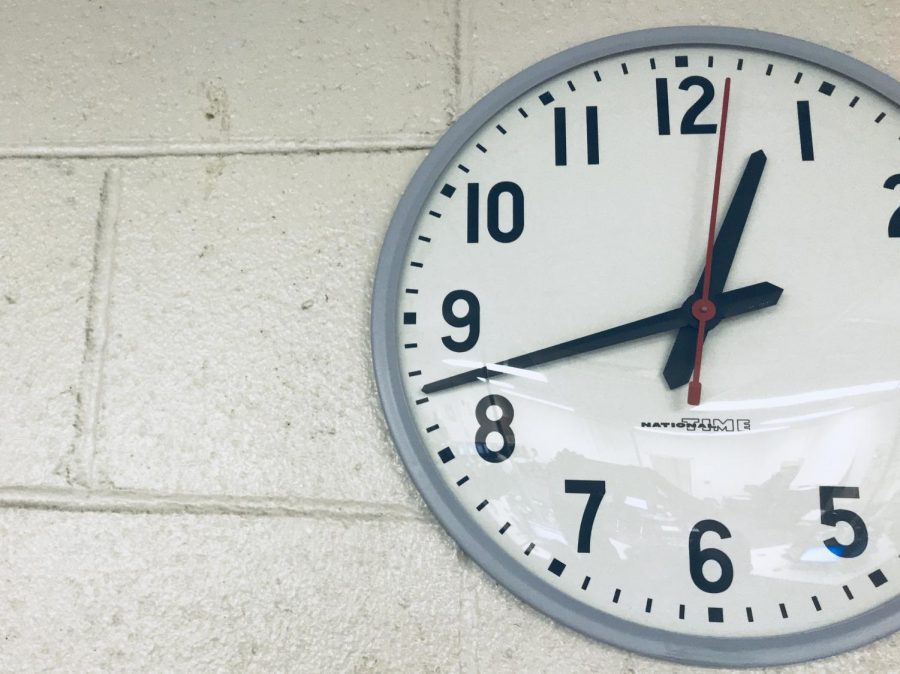Sleep or Study
April 22, 2019
There is usually one word to describe high schoolers: tired. Although the recommended amount of sleep for teenagers is about 9 hours of sleep, most only get 7 hours or less. For some, starting school at 7:20 is the problem. However, when the UCS Board of Education suggested starting school later, controversy arose.
Earlier this year, a survey was sent to all students by the UCS Board of Education regarding the high school starting time. It asked students’ opinions about how a later school day would affect their day-to-day routine, learning capabilities, and sleep schedules. The outreach was an attempt to help students be as capable of learning as possible, but most were against starting school later.
“I wouldn’t want to start school later because it’s expensive to change the bus schedule,” junior Kendra Oja-Kiser said. “It would also mess up the elementary school’s schedule because they start school after us.”
Most students considered how a later school day would affect the rest of their schedule.
“I don’t want a later school day because then school would end later and we wouldn’t have enough time for school activities or homework,” sophomore Antwan Gentry said.
Despite some students’ opinions, there is a major plus side to a later school day: sleep. Although teenagers are known for staying up late, there is a good reason for it. As teens mature, their biological clock is pushed back and their melatonin production is altered. Melatonin is a hormone that contributes to the sleep cycle. While adults produce melatonin around 10pm, teenagers don’t produce the hormone until almost 1am, causing them to fall asleep later.
Because teenagers produce the hormone later, their melatonin levels are still high in the morning, which causes drowsiness. If school were to start at 8:20am, teenagers could get a total of five more hours of sleep every week.
This bonus alone is enough to get some students on board.
“Yeah, I would like a later school day because it would let me sleep in, and I wouldn’t fall asleep in class,” junior Davis Spaenle said.
Although a later school day would help teens, there are still many factors to consider. Is changing the entire schedule worth a few more hours of sleep? It’s up to the students to decide. Whether students want a few more minutes to hit snooze or maintain an early wake-up call, the ultimate decision is left up to the school board to decide if it’s worth it.
